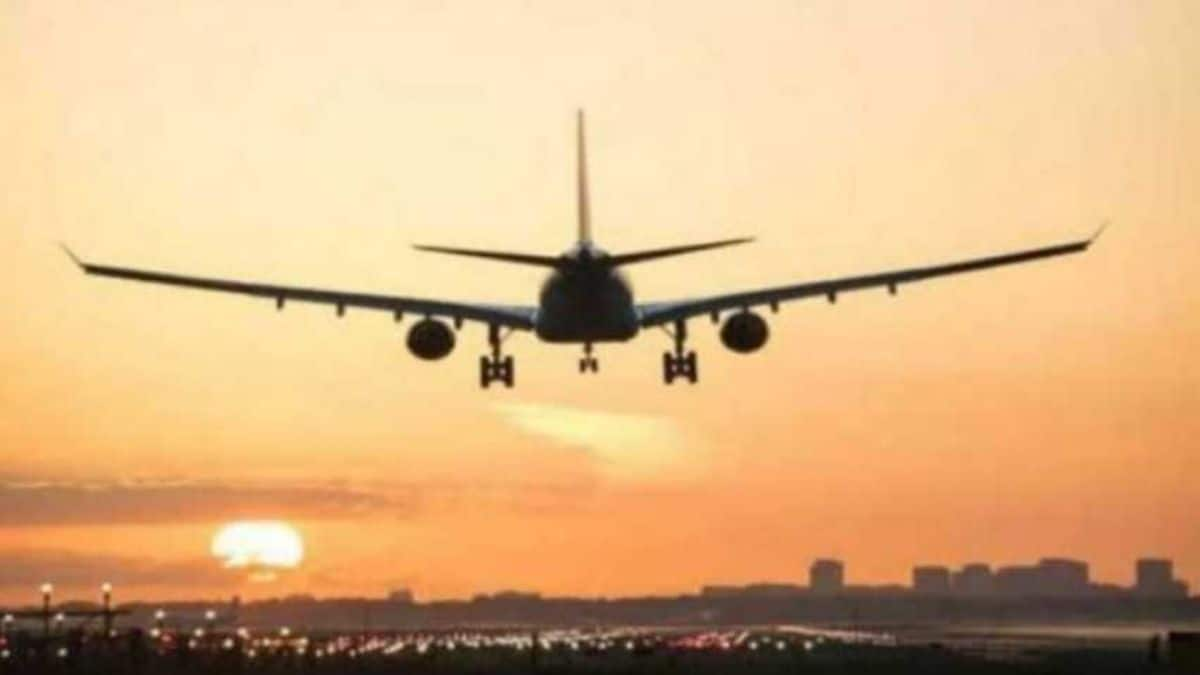GMR in pact with Safran, Airbus to produce SAF in India
In a move towards bolstering sustainability in the aviation sector, GMR Airports, along with its partner Groupe ADP, has forged a strategic alliance with aerospace majors Safran and Airbus to advance the production of Sustainable Aviation Fuel (SAF) in the country, Delhi International Airport’s chief executive officer, Videh Kumar Jaipuriar, told Fe.
The Delhi International Airport is a subsidiary of GMR Airports.
The accelerated rise in air passenger numbers and aircraft movements has led the Centre as well as the private sector to place emphasis on SAF to meet carbon reduction targets.
SAF is an aviation biofuel known for its low sulphur content and reduced emissions, making it a significant element in the global aviation industry’s efforts to mitigate the sector’s environmental impact.
“At present, a comprehensive study is underway to determine the optimal blending ratio of sustainable aviation fuel for each year. This process involves meticulous planning and addresses critical issues such as selecting the most suitable biomass feedstock for SAF production,” explained Jaipuriar.
He further elaborated on the multifaceted aspects of SAF production, stating, “Questions regarding the production site, whether it should occur at the airport or the source, and the long-term blending strategy are central to this study. Much like the current practise of ethanol blending in petrol, we need to decide whether blending should take place at the airport or at the source, such as refineries”.
He added that the mandate of DIAL will be to ensure infrastructure required for SAF at the Delhi Airport.
Subsequently, GMR Hyderabad International Airport and GMR Goa International Airport will provide the infrastructure for SAF in Hyderabad and Goa respectively.
The initiative gains prominence in light of the Central Government’s plan to mandate a 1% blending of SAF with traditional jet fuel by 2025. This move is estimated to necessitate approximately 140 million litres of SAF per year.
Additionally, for a 5% SAF blend, India would require an estimated 700 million litres of SAF annually.
Currently, the push for local SAF production has intensified, aligning with the International Civil Aviation Organisation’s (ICAO) Carbon Offsetting and Reduction Scheme for International Aviation (CORSIA).
India-based airlines are expected to offset carbon emissions from international operations by 2027, marking the final phase of CORSIA’s implementation.
ICAO’s CORSIA operates in three phases, with the first two being voluntary and extending until 2026.



